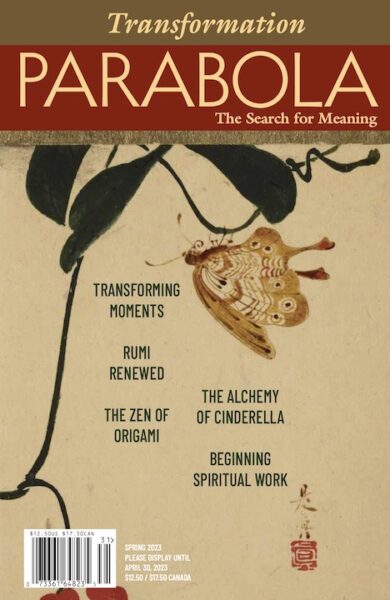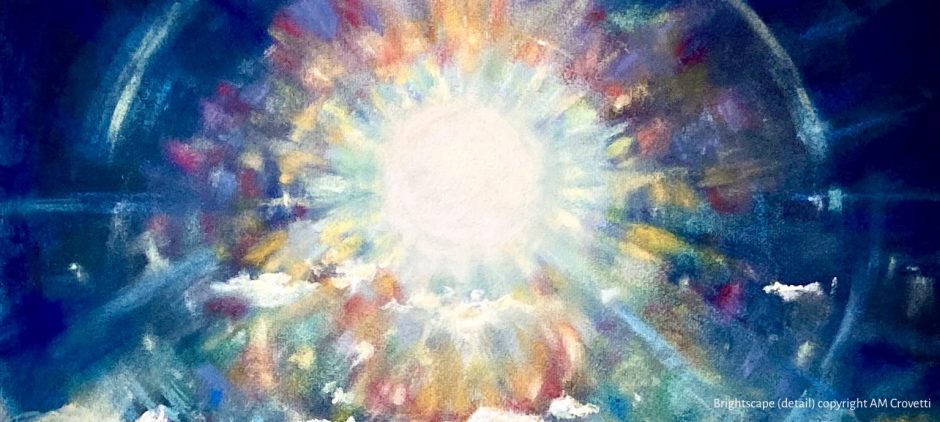The ancient fairytale–beloved by many, dismissed as antifeminist by a few–was never really about the prince. A Jungian perspective sheds light on the deepest meaning of the story, illuminating archetypes and alchemical symbolism that express fundamental patterns of the human psyche. Start reading my essay below to discover the hidden meaning of Cinderella’s transformative journey.

Looking for Gold: The Alchemy of Grimms’ Tales
Once upon a time, “The wife of a rich man fell ill, and when she felt that she was nearing her end she called her only daughter to her bedside and said, ‘Dear child, continue devout and good. Then God will always help you, and I will look down upon you from heaven and watch over you.’”[i] So begins Cinderella, the tale of an unfortunate daughter who dreams of attending the King’s ball and receives assistance through a series of enchantments. In Grimms’ version, we find her grieving at her mother’s snow-covered grave, toiling in her dusty chimney corner, waltzing at the palace. The story is otherworldly from the start, and the closer one reads the more ethereal looms the landscape, the more incorporeal the prince.
The maiden’s odyssey plays out not on terra firma, not in the creative narrative of the imagination, but deep in the haze of the unconscious mind. Here interred lies the crucible of unresolved conflicts and inner demons—an alchemist’s cauldron of base metals melted and mixed with minerals and acids, salts and spirits. When the recipe is just right, the humble ingredients turn to gold. Cinderella will shed many tears and suffer through numerous trials before the desired transmutation comes to pass. But in the end, common lead turns to pure, precious metal; an imperfect soul transformed.
In the beginning, she was downcast, her noble lineage all but forgotten. Cruelly mocked by her wicked stepsisters, she was made to sleep by the hearth among the cinders and wear a plain gray frock, to cook and clean morning till night. But when the King proclaimed a festival, she rallied to make a wish, inviting in the magic of angels. Two white doves threw down a gorgeous gown of gold and silver and a pair of dainty slippers.
[i] Grimm, Wilhelm, et al. Grimms’ Fairy Tales. Grosset & Dunlap, 1963, p. 148
To continue reading the article, follow the link below or visit Parabola.org.
